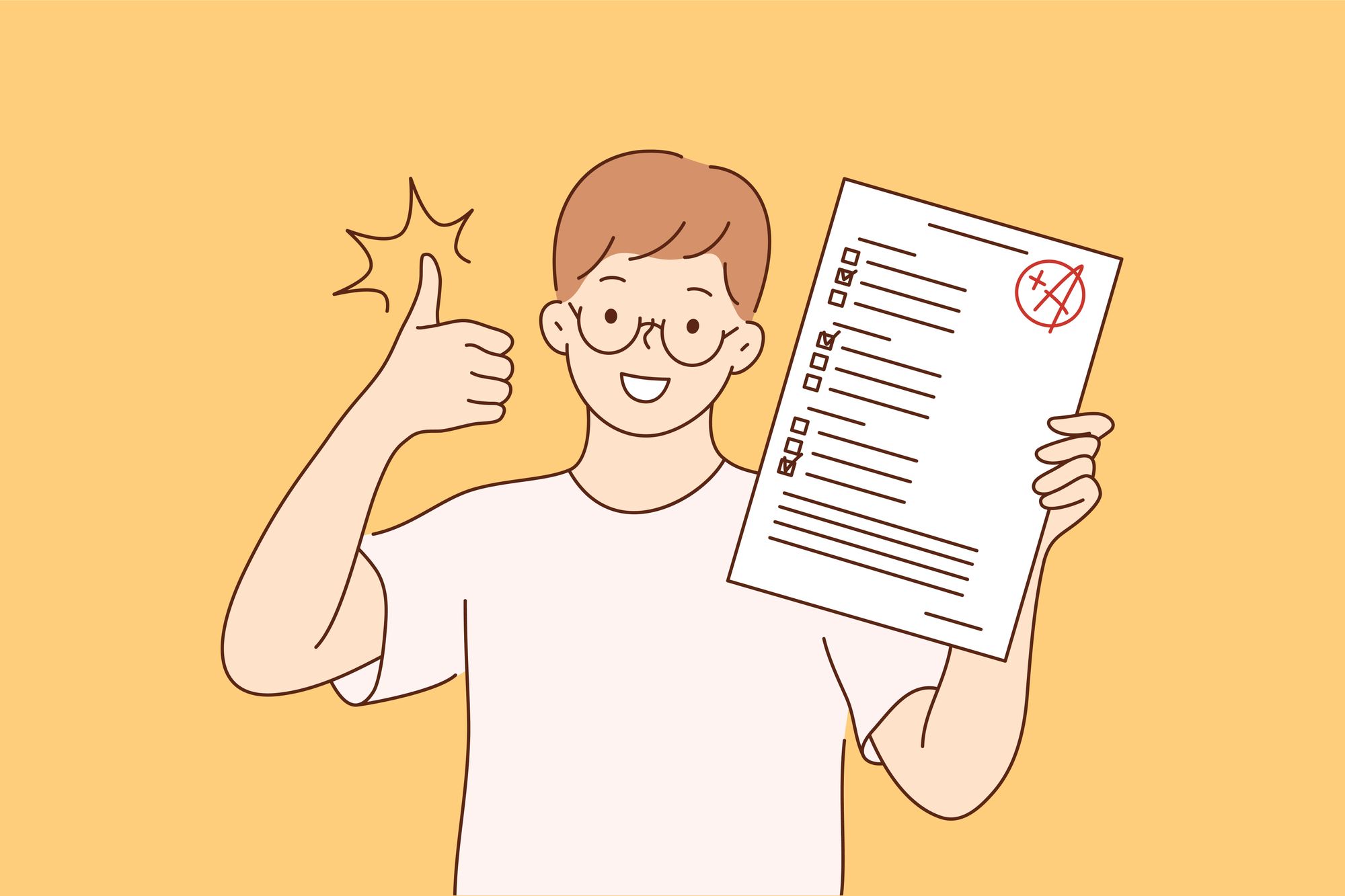Student Portfolio: Why It's Important and How to Write It

What is the first thing that comes to your mind when you hear the heavy words student portfolio?
Daunting? Too much writing? Can't remember what the student did in class?

Writing a student portfolio is a lot of work. Often, we get overwhelmed because there is too much information and we don't know where to begin.
What is a student portfolio?
It is an intentional collection of work samples from each of the learning areas that takes place over a year or semester. Such work samples may include lessons from each learning area, student evaluations, photos and videos, notes, learning goals, and more.

You can use portfolios as an instrument to record and showcase a student's progress over time. However, it’s vital to remember that portfolios are not just an album of memories for parents. When done improperly, portfolios are effective tools for showing parents how far their children have progressed and all the good work that the school has been doing.
Why are student portfolios important?
There are plenty of reasons why a student portfolio is important to not just the student, but to the teacher and parents as well.
A student portfolio can:
- help your students feel proud of their achievements
- provide students with an opportunity for self-reflection
- provide a great starting point for goals setting
- increase and improve home-school communication
- display a compact profile of the student's capabilities
- provide information for evaluation
- provide information for parent-teacher conferences
- make student handover easier
- showcase the efficacy of your school programmes

How to write a student portfolio?
Start by deciding how you want to store your student's work samples. Will you document it by creating individual files? Writing them down in a notebook? Printing your photos and pasting them in a binder? Do some research because there are plenty of templates for creating engaging and easy student portfolios here.
The essential thing to remember is that a student portfolio is a purposeful collection of work samples that celebrate each student's successes, strengths and areas for improvement.

We recommend the following to ensure that you're creating a useful portfolio:
- Categorise the portfolio to demonstrate the student's progress according to early learning goals or standards identified by your curriculum. For example, if you record down a student's writing progress from the start to the end of the term, you can show how your students went from doodles and scribbling to writing readable words.
- Highlight the learning areas/domains that are involved in the lesson.
- Ensure that the portfolio provides parents with a clear understanding of what the lessons are and specifically what their child is achieving. Photos and videos will be helpful here.
- State observations so that parents have an idea on what to work at home.
- Aim to deliver a well-rounded portfolio, that shows both the child's successes and areas for improvement. Including photographs and videos are quick and an easy way to capture positive learning experiences as they speak volumes.

Some schools opt to use a school management system to create digital student portfolios. Some systems even automate portfolio generation! For example, the LittleLives' Portfolio feature allows teachers to easily upload media, tick off learning areas, and jot down observations on the go. Keep up this simple habit throughout the semester, and ta-da, you will have a personalised digital portfolio for each child by the time parent-teacher conference comes around.
Digital portfolios also have the added advantage of allowing parents to view their child's progress at any point in the semester. This is a key way in which you can improve your relationship with parents.

Lastly, we leave you with this: your portfolio does not have to show a perfect student. In fact, a portfolio is much more informative if you make sure to showcase the child's strengths, weaknesses, and uniqueness! Your portfolio should be a genuine reflection of your student in class, and stepping stone for planning out the rest of their journey in school.
To sum it up
A smart school management system is designed to make your life easier. It is the nervous system for your institution around which other technologies are incorporated. It is not only a master plan to regulate administrative operations in a consolidated, integrated, efficient and smooth way to increase the productivity of your school.
If you are still looking for a system that will work well for your school's operations, you can contact LittleLives to see how we can help!


